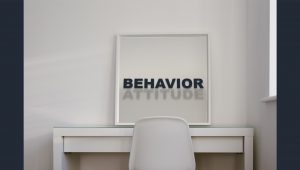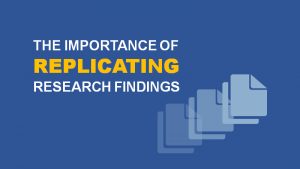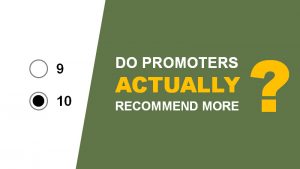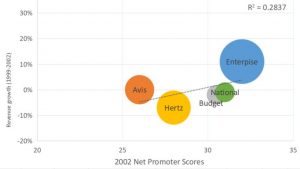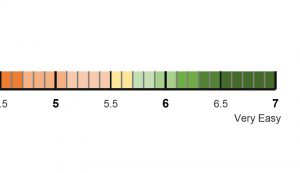
Has the Net Promoter Score Been Discredited in the Academic Literature?
The Net Promoter Score is ubiquitous and may be a victim of its own success. According to the Wall Street Journal, in 2018 the NPS was cited more than 150 times in earnings conference calls by 50 S&P 500 companies. And its usage seems to be increasing. The NPS, like all measures, has its shortcomings

